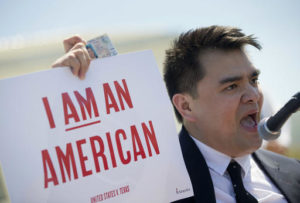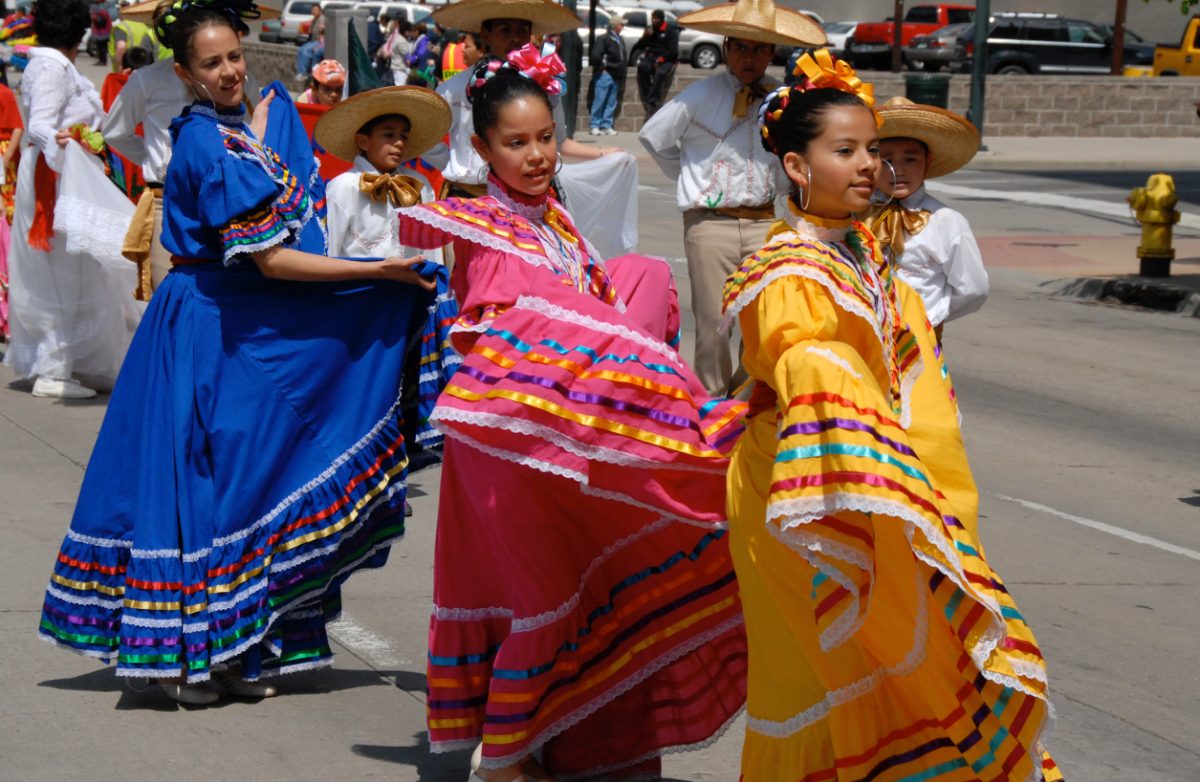By: Eric Wood
The death of Supreme Court Justice Antonin Scalia is impacting several cases before the court.
The Supreme Court has always had an odd number of justices. By having an odd number, there would be a definite decision in the case that was being argued. Scalia’s death leaves the court with eight justices: an even number, and more importantly, a number that can be split and cause a 4-to-4 decision.
Here are the seven open cases and the impact of an even number of justices:
Public Union (Friedrichs v. California Teachers Association)
10 teachers in California refused to join the Teachers Union. A union is an organization of workers who are formed to protect and further their rights. The union, however, charged the teachers union fees. The case was brought to the Supreme Court and was argued whether or not the forcing of workers to support unions was a violation of the First Amendment. Before Scalia, a conservative, died, the five conservative justices were ready to decide. They decided that forcing workers to support the unions was, indeed, a violation of the First Amendment. However, after the death of Scalia, the court reached a split decision at 4-to-4.
Abortion (Whole Woman’s Health v. Cole)
On March 2, 2016, the Supreme Court heard the case of Whole Woman’s Health v. Cole. This case was argued about whether or not roughly 30 abortion clinics should be closed in the state of Texas. The case would have a major impact on the constitutional principles of abortion rights. Abortion, a very touchy subject, hasn’t been the issue of a major case since 2007. According to the New York Times, “a 4-to-4 split would automatically affirm the appeals court’s ruling without giving reasons and without setting a precedent.”
Affirmative Action (Fisher v. University of Texas)
In the case of Fisher v. University of Texas, the argument to be decided is whether or not the University of Texas at Austin has used racial differences in the admission of students. The side Fisher is argues is that the University of Texas violated the Constitution’s equal rights principle. Instead of eight justices deciding this case, Justice Elena Kagan has recused, or excused herself. By Kagan recusing herself, the Supreme Court will now have seven justices and an outright answer.
Contraception (Zubik v. Burwell)
In the recent argument of Zubik v. Burwell, the court will decide whether or not the Affordable Care Act relates to religious schools and hospitals. These religious schools and hospitals must fill out a form which forces the employer to provide free insurance coverage for birth control products. Churches, synagogues, mosques and other places of worship are already exempt, but religious schools and hospitals are not. The side of Zubik argues that the form makes them sin and does harm to their soul. According to the New York Times, “a 4-to-4 tie would affirm a number of appeals court decisions, most but not all sustaining the accommodation.”

Immigration (United States v. Texas)
The case of immigration is between the United States and the State of Texas. The eight justices will decide whether or not the Obama Administration is able to protect roughly four million illegal immigrants from being deported. Along with that, the immigrants would be eligible to work within the United States. A tie of 4-to-4 would result in a loss for the US and disbanding of the program.
Jury Selection (Foster v. Chatman)
The case of Foster v. Chatman is being debated about whether or not prosecutors of the State of Georgia purposefully excluded African-Americans from being selected for jury duty. The prosecutors left an all-white jury panel to decide the fate of an African-American man being charged with the murder of a Caucasian woman. Fortunately, the lack of a ninth justice has appeared to not make a difference in the decision of the case. The justices have appeared weighted towards the defendant.
Voting Rights (Evenwel v. Abbot)
The basis of the case of voting rights is that of the population or eligible voters. The size of each district, in terms of population, is usually about equal. However, some districts have more eligible voters. In the case, the court requires/allows only voters, the districts would become disproportionate. The NY Times also said, “the political power of districts including disproportionate numbers of unauthorized immigrants could be diminished, generally benefitting Republicans.” The court decided 8-0 in favor of the side of the State of Texas.
Over half of the open cases have been argued, and all but one has been decided. Without the ninth justice, the open cases have come to a split decision.








